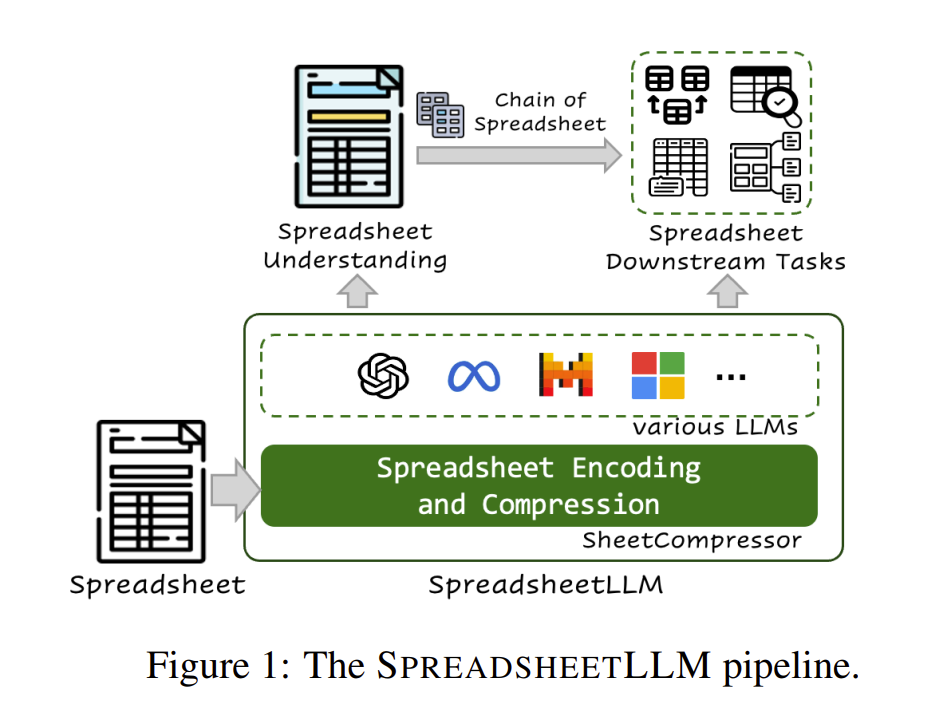Microsoft researchers have cooked up SpreadsheetLLM, a method that encodes and optimizes large language models (LLMs) so they can understand spreadsheets.
Now there are only a few companies that would care about this use case--Microsoft and Google--but the impact of Spreadsheet LLM could be huge. Why? Despite analysts and every enterprise software company telling you that you shouldn't run your business on a bunch of spreadsheets flung around the office, you all still do it. You know who you are.
The interesting thing about SpreadsheetLLM is that it's a great lifehack to the reality that you'll have your damn Excel spreadsheets anyway and the rest of us need to understand what's going on.
Enter SpreadsheetLLM. In a paper outlining the project, researchers said they also created SheetCompressor, which is an encoding framework that compresses spreadsheets for LLMs. Researchers said:
"Spreadsheets pose unique challenges for LLMs due to their expansive grids that usually exceed the token limitations of popular LLMs, as well as their inherent two-dimensional layouts and structures, which are poorly suited to linear and sequential input. Furthermore, LLMs often struggle with spreadsheet-specific features such as cell addresses and formats, complicating their ability to effectively parse and utilize spreadsheet data."
Ultimately, SpreadsheetLLM can make understanding and analyzing spreadsheet data more accessible. The paper is a bit wonky, but SpreadsheetLLM appears to be an advance in processing and understanding spreadsheet data via various LLMs. SpreadsheetLLM could also be handy for data cleansing and all those functions we always Google for how-to videos (yes folks, Excel tips are a cottage industry).
Holger Mueller, Constellation Research analyst, said:
"Right after transactional databases, spreadsheets run the world. And the platform is Excel, so it's key for Microsoft to be at the forefront of using AI for better use of spreadsheets. Microsoft has done exactly that with SpreadsheetLLM, which could fundamentally change its UX and user reach. Verbal access to spreadsheets has massive value both for creating and analyzing spreadsheets. If Microsoft nails this, it not only secured the future of Excel but also change the future of work."



